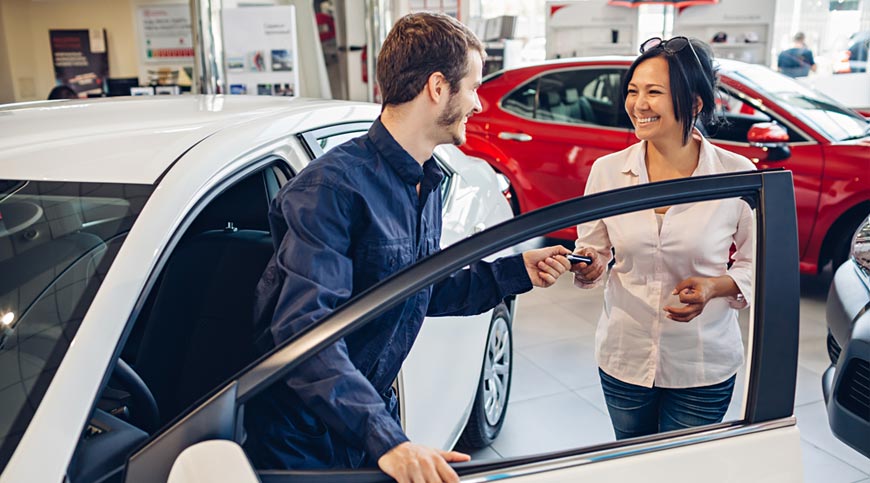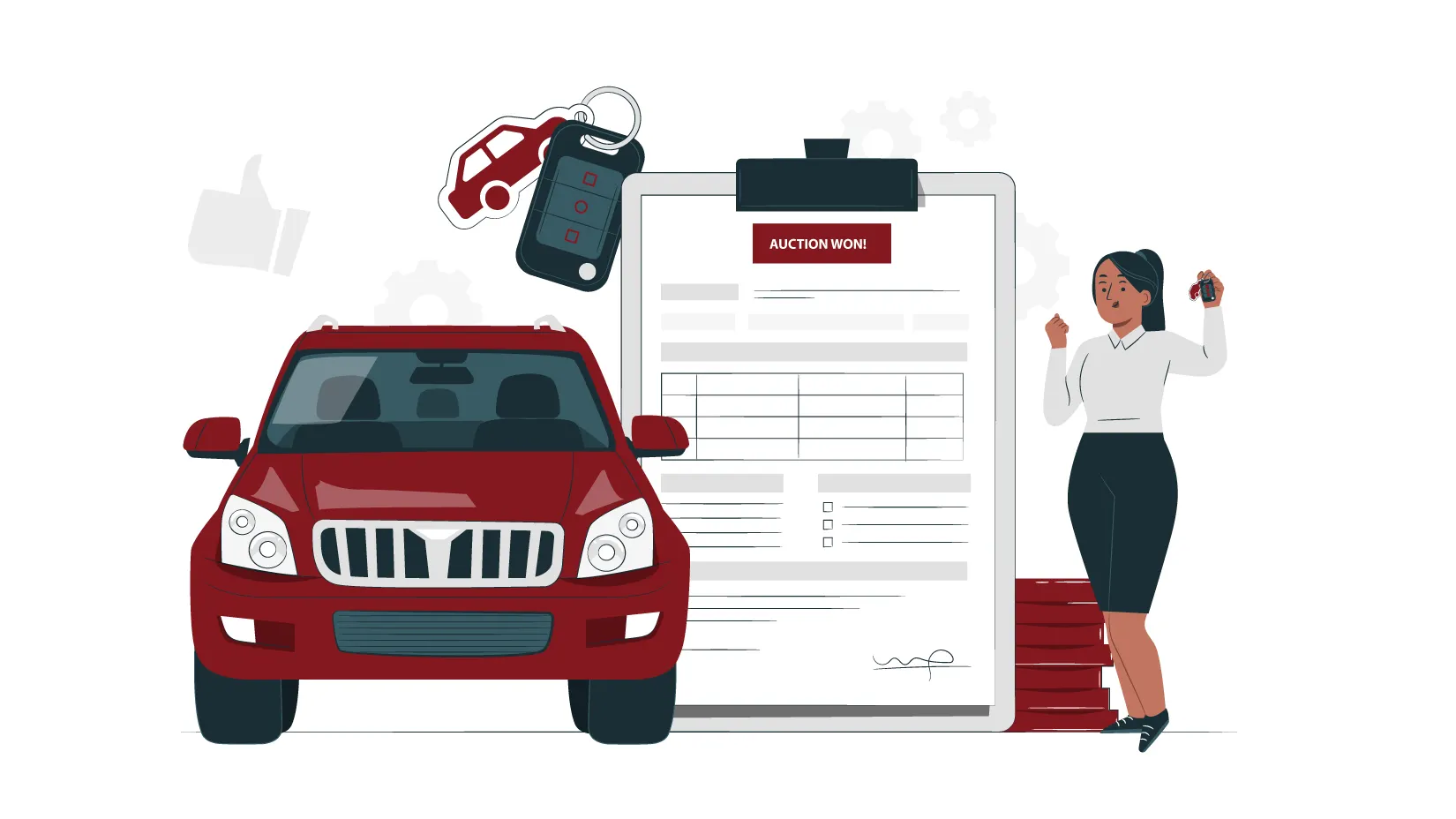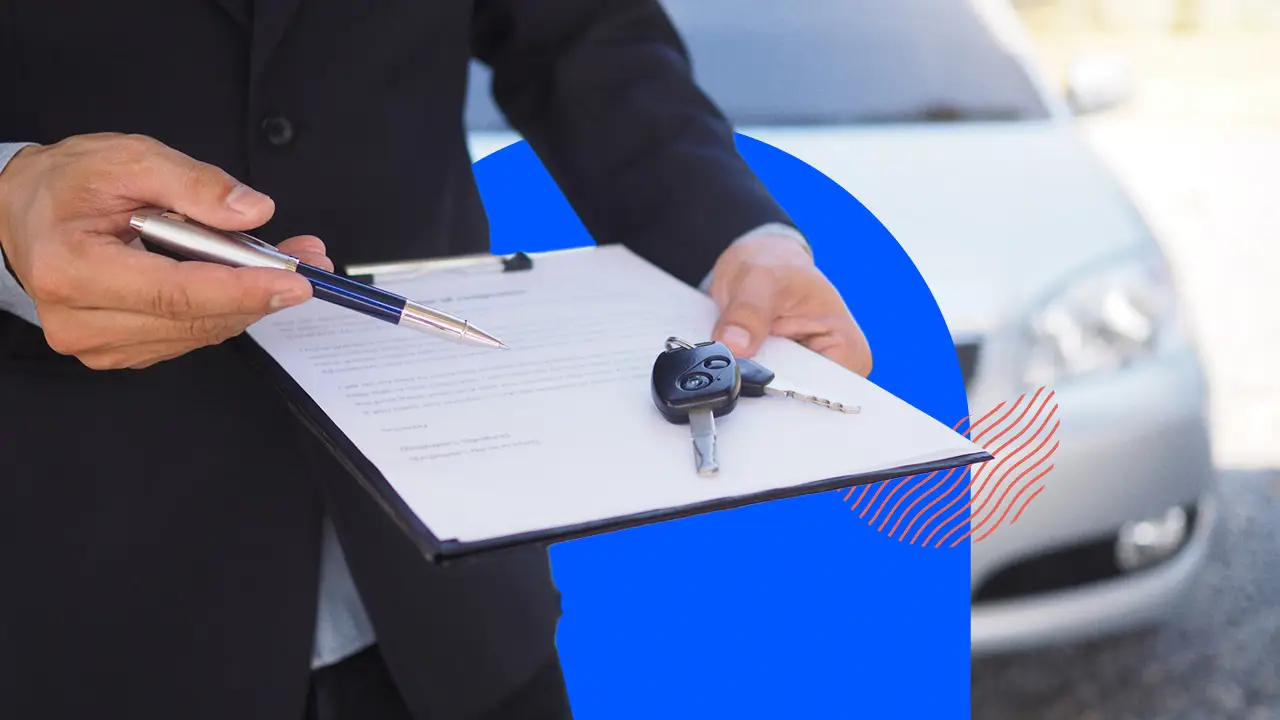Understanding the process of selling a damaged vehicle

First thing you should do when trying to sell a damaged car is assess the extent of the damage. This involves thoroughly inspecting the vehicle and documenting all visible issues. Take clear photos of the damage and gather any repair estimates or accident reports you may have. Once you have a clear picture of the damage, research the current market value of your vehicle in its undamaged state. Estimate how the damage will affect its worth. This can be challenging, so consider consulting professional appraisers or using an online valuation tool. Remember that even severely damaged vehicles may still have value as salvage or parts.
Choosing a selling method
There are several options for selling a damaged vehicle. You can sell it privately to an individual buyer, a dealership, or a junkyard or salvage yard. Some buyers specialize in purchasing damaged cars, which simplifies the process.
Preparing the vehicle for sale
Even if your car is damaged, presenting it in the best light is critical. Remove any personal belongings and gather all relevant documentation, including the title, maintenance records, and any information about the damage or repairs. This preparation will help potential buyers see the vehicle’s potential despite its current condition.
Setting a realistic price
Pricing a damaged vehicle can be tricky. Research similar damaged vehicles for sale in your area and understand appropriate pricing. Buyers may leverage damage to lower the price. Remember that Top Price for Used Cars Perth can offer competitive prices for damaged vehicles, making sellers easier for many car owners. Be upfront about the damage and any known issues to avoid wasting time with potential buyers who may not be interested once they see the vehicle in person.
Communicating with potential buyers
When interacting with potential buyers, be prepared to answer questions about the damage and the vehicle’s history. Have all relevant documentation and be honest about the car’s condition. If you’re unsure about certain aspects of the damage or repair options, it’s okay to admit that.
Negotiating the sale
Be prepared for some back-and-forth negotiation when selling a damaged vehicle. Buyers use the damage as leverage to lower the price, so clearly understand your bottom line before entering negotiations. Consider any offers carefully, weighing them against your other options, such as selling to a specialized buyer or a salvage yard.
Completing the sale
Once you’ve agreed on a price, it’s time to complete the sale. A bill of sale and title transfer must be completed. If the buyer plans to repair and resell the vehicle, they may need additional documentation, so be prepared to provide whatever is required in your area. Exploring alternative exploring alternative options consider exploring alternative options. If you need help selling your damaged vehicle through traditional methods, consider parting out the vehicle. Some charities accept damaged vehicles as donations, which could provide you with a tax deduction. Additionally, consider parting out the vehicle if it has valuable components in good condition.
Be aware of any legal requirements regarding damaged vehicle sales in your area. Some jurisdictions may require specific disclosures restricting the sale of vehicles with certain types of damage. Research local laws or consult a legal professional to ensure compliance with all regulations.



